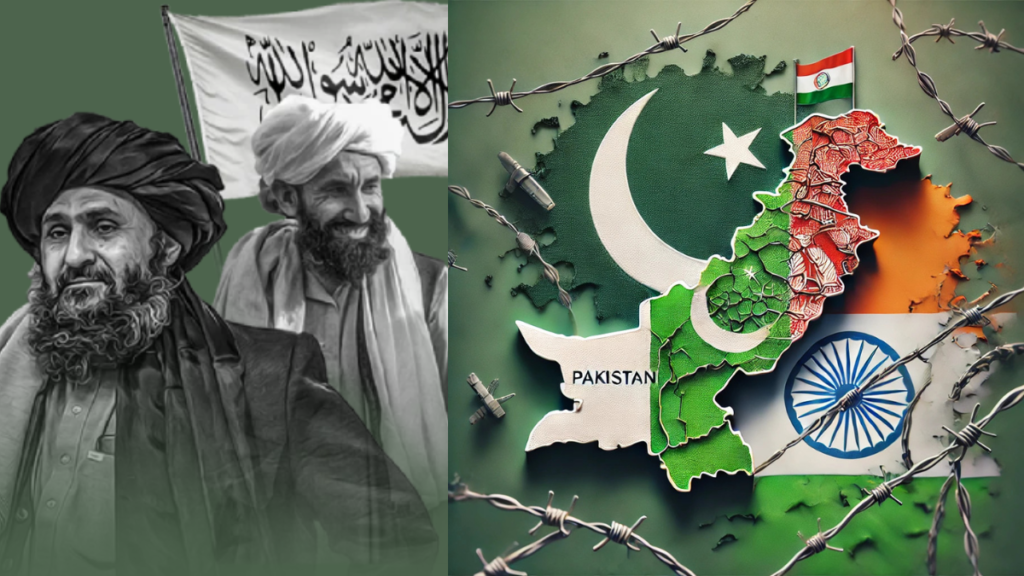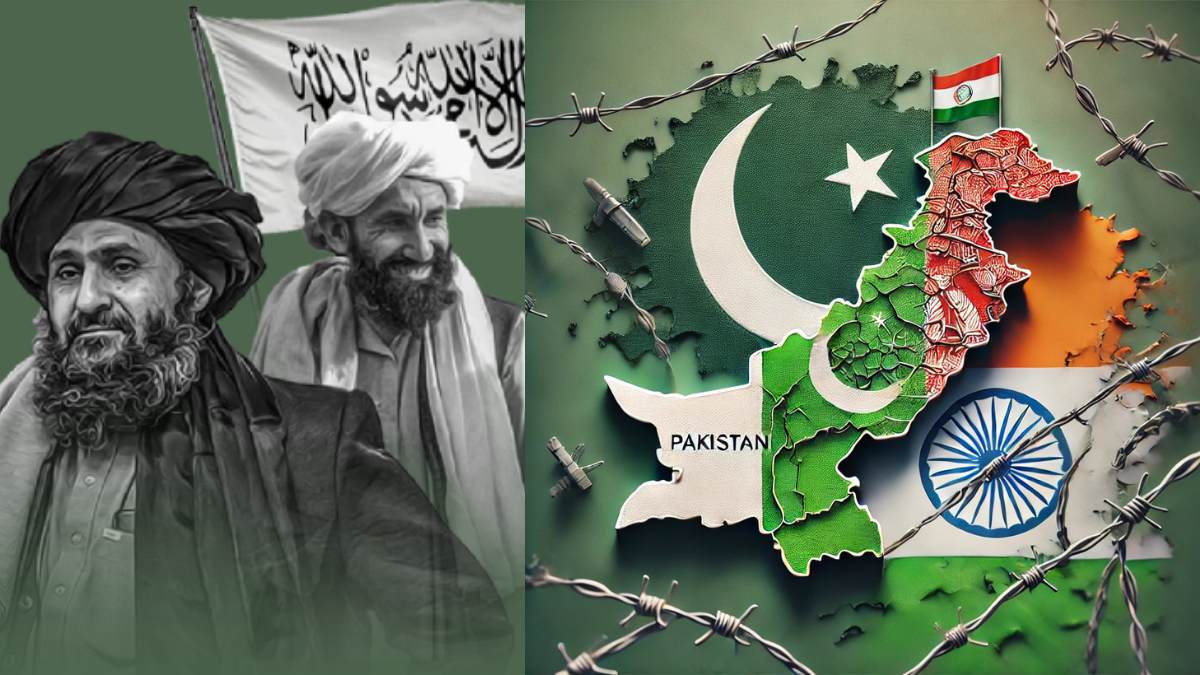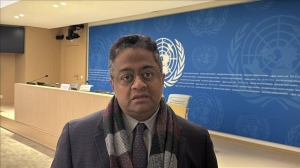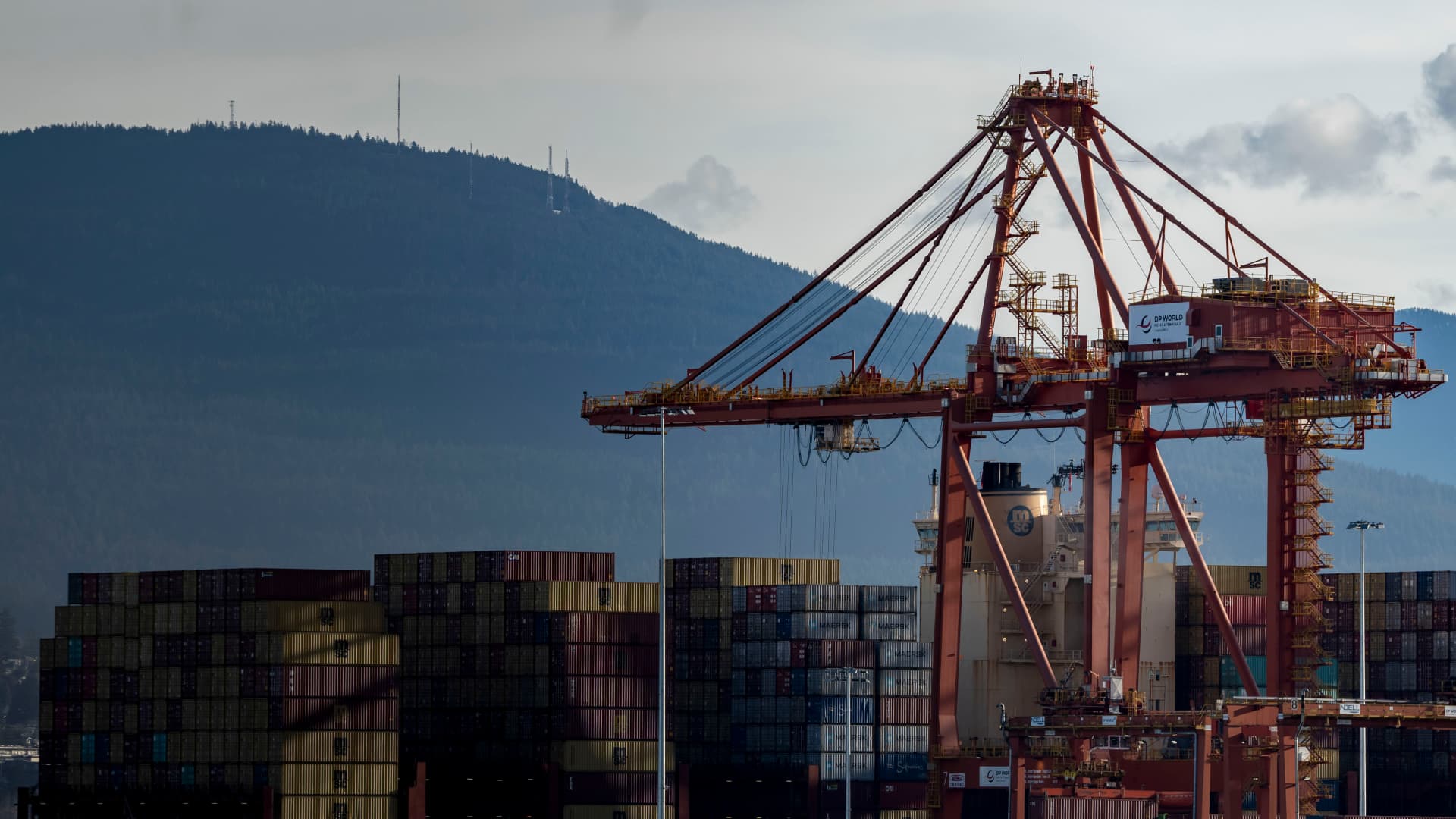Taliban vs Pakistan: Afghanistan under the rule of the Taliban and Pakistan’s relationship has been problematic for nearly recent decades, however, it can be observed that this relationship is growing worse daily. Afghanistan and Pakistan’s former antagonists have become partners bound by distrust after they were deeply acquainted with each other’s territorial disputes, uprisings, and other partnerships. The authors of this article attempt to explain the environmental, which has brought about this reversal, focusing more on the UP’s increasing ostracisation and the role that India has come to play as a partner of Afghanistan through humanitarian and strategic measures.
Table of Contents
The Afghans claim that they have never requested the Taliban’s assistance for any cause, even though relations between Pakistan and the Afghan Taliban worsened after the events of September 11 within the context of the US-led invasion of Afghanistan. They assert that using the Taliban’s help to settle the score with the Pakistani state was a mistake that only the Pakistani state and not the Afghans made.
Afghans also hold a grudge against Islamabad because they feel that Pakistan’s support and funding for the Taliban was misguided and unwarranted. One of the main reasons for the prolonged tension between both countries was Pakistan supporting the Taliban as they fled the Soviets and aided them in resisting communist Afghanistan. The partial assistance offered Angered Afghans and continued lingering fears predicated long-lasting animosity. The Durand Line issue could also be included as one such source of angst under these circumstances. As a wry Wallace ironically notes the issue of the Durand line has been plagued by bipartisanship (whose centre is Islamabad) ever since it was created in 1893 and has therefore seemed intractable to the Pakistan-centric narrative.
The War on Terror was a failed attempt to alter the prevailing power dynamics of Afghanistan as Max Boot realistically appraises those who participated in it. The US-supported invasion of Afghanistan in 2001 complicated the Pakistani-Taliban relationship further. Pakistani harnessing of Taliban faction ties while Harris and other members openly throw support behind the US in the War on Terror strained relations between both parties. Such dual-think was conventionally criticized from an international perspective, as Pakistan was viewed as possessing tendencies for betrayal cultivating estranged relations with governing Afghan regimes.
Border Violence Ideology
It is very unsettling to see how cross-border conflicts are becoming the new normal. In a bid to prevent illegal crossing and insurgencies, Pakistan has been working towards fencing the Durand Line which was heavily opposed by the Taliban. With time, these disagreements have morphed into full-blown shootouts leaving thousands injured and dying on both ends. Further inflaming hostilities, a Pakistani bombing campaign in the Paktika in December 2024 resulted in hundreds of Afghanistan deaths, civilians included.
Mysterious Connections to Terrorist Attacks
The Pakistani government blames the Afghan Taliban for the support they give to the TTP, one of the main reasons for the rekindling of terrorist activity in Pakistan’s tribal regions. In response to that claim, Afghanistan accuses Pakistan of aiding in the growth of opposing groups which weakens Afghanistan as a whole. Ultimately this formed a series of convoluted ongoing hostilities that have greatly limited strategic relationships.
Costs Effected by Human Displacement
The constant fighting and attacks caused by these border wars have forced families and relatives of clans to seek shelter elsewhere. Tens of women and children have died due to bombings from Pakistan as they searched for cover in other parts of Afghanistan. However, that blame can’t just solely resort towards Pakistan, as multiple civilians in retaliatory Taliban attacks have also resulted in civil clashes and violence angling the already delicate relationship between both nations.
Humanitarian Implications
The fighting has pushed out many families from the bordering areas which adds more strain on the already bad humanitarian situation. These regions have poor aid and infrastructure availability leaving the most vulnerable people in the stand of poverty, hunger and poor health services.
Emergence of the TTP
TTP’s cutting-edge expansion into the border regions of Pakistan is without a doubt a dagger thrust into the internal territorial security and stability of the country. Evaluating its linkage with the recent TTP activities, it is evident that cross-border terror activities have multiplied following the Taliban’s takeover of Afghanistan. This convergence emphasizes the interrelation between the insecurity caused by Afghanistan and the security complications witnessed by Pakistan.
Public Relations Fallout and Military Operations
Pakistan’s armed forces have stepped up their operations against the tribal constituencies and regions as a result of the increasing danger. Though these policies have produced tactical gains, they have equally led to public outcry due to casualties and relocations of other people on the ground. Worsening of the security environment has most certainly undermined the citizen’s public confidence in this regard.
The Need For Change: Enhanced Indian Outreach
Humanitarian Contributions Offered By India To Afghanistan Government During COVID-19 Aftermath
In regards to responsive aid to unfriendly spheres of political influence and activity considered completely Anti Pakistan India went well beyond expectations in Afghanistan during the unprecedented COVID-19 pandemic – a period that deserved humanitarian needs such as offering masks, vaccines, food supplies and much more. Much of the efforts including that of aid voluntarily rendered made no sense to the Aurans – and this created goodwill among the horseback revolutionaries against India Pakistan binary. The swift Indian response enabled India to not only respond to assistance but also establish itself as a dependable ally.
Exerting Soft Power via Development Projects
Afghan security and ensuring its long-lasting peace is demonstrated by India’s construction of the Afghan Parliament and Salma Dam as its engagement in infrastructure and development projects speaks volumes. This has improved India’s image among Afghans as opposed to Pakistan’s ever-hostage and deteriorating relations with the Taliban regime.
Strategic Considerations in Maintaining Peace in the Region
India’s increasing influence in Afghanistan is of strategic concern not only in Afghanistan but also for South Asia as a whole. Due to development and humanitarian assistance, India has been able to dispel the narrative that Pakistan has been the most dominant player in the region’s geopolitics. This change always attests to a certain degree of importance soft power places when it comes to international relations statecraft.

To summarize
The increasing gulf in relations between Pakistan and afghans Taliban regime only highlights the larger reality of the regional geopolitics. Whereas these two states were joined by historical attachment and strategic interests, factors of recent history shifted the planet’s culture to deep cracks. Disputes over boundaries, insurgencies and opposing objectives fostered growing resentments that left Pakistan alone on her way towards Afghanistan.
In contrast, India’s strategic use of humanitarian assistance and development initiatives has strengthened its position as a trusted partner for Afghanistan. This shift highlights the transformative power of diplomacy and soft power in fostering regional stability. As tensions persist, the future of Pakistan-Afghanistan relations remains uncertain, with significant implications for South Asia’s security landscape.
Disclaimer:
The content on this platform, including articles and images, is sourced from various reputable news websites, publications, and publicly available information across the internet. We do not create these stories, Content, Articles or images independently, nor do we claim ownership of the original material. All content is provided for educational and informational purposes only, aiming to offer a broader understanding of global events. We are not responsible for the accuracy, reliability, or validity of the information or images. Any reliance on this content is at the user’s discretion. E-mail us to delete or remove any article, image or content.




